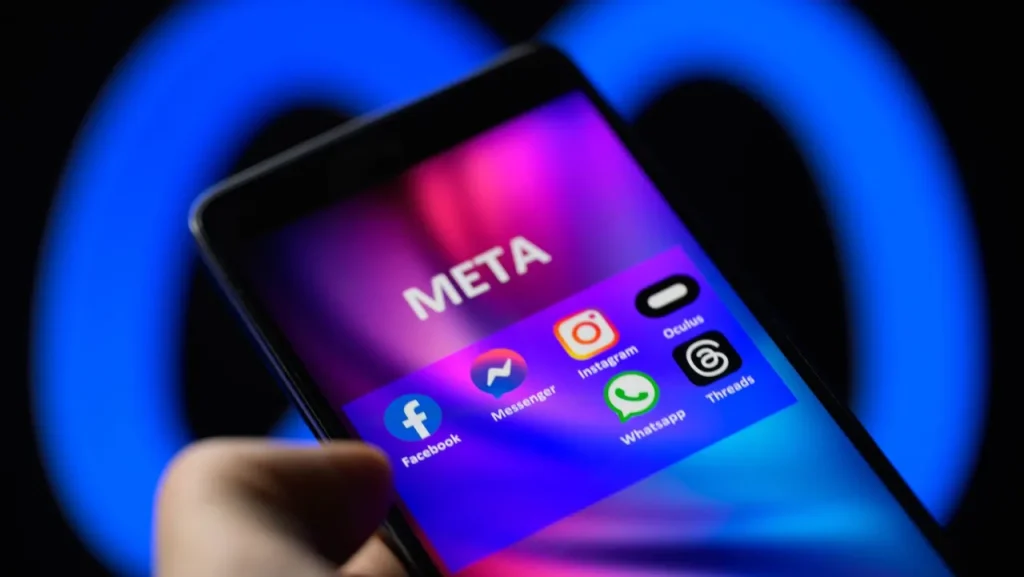The recent expansion of the global licensing agreement between Meta and Universal Music Group (UMG) marks a significant milestone in the ongoing evolution of the music industry in the digital age. This partnership, which builds upon their initial 2017 agreement, reflects the rapidly changing landscape of music consumption and distribution in the era of social media and artificial intelligence.
The Evolution of the Music Industry
The music industry has undergone dramatic transformations over the past few decades. From physical media like vinyl and CDs to digital downloads and now streaming, the ways in which people consume music have continually shifted. Social media platforms have become increasingly important in this ecosystem, serving as powerful tools for artist promotion, fan engagement, and music discovery.

The original 2017 agreement between UMG and Meta (then Facebook) was groundbreaking, as it made UMG the first major music company to license its catalog across Facebook’s platforms. This move acknowledged the growing importance of social media in music consumption and promotion, paving the way for new monetization opportunities for artists and songwriters.
Key Features of the New Agreement
The expanded agreement encompasses several crucial aspects:
- Broader Platform Coverage: The deal now includes Facebook, Instagram, Messenger, Horizon, Threads, and – notably – WhatsApp. This expansion, particularly to WhatsApp, opens up new avenues for music sharing and discovery.
- AI Content Regulation: Both companies have committed to addressing unauthorized AI-generated content that could affect artists and songwriters, reflecting growing concerns about AI’s impact on the music industry.
- Enhanced Monetization: The agreement expands opportunities for UMG artists and songwriters, particularly in short-form video content, building on the companies’ track record of innovation and collaboration.
- Fair Compensation: There’s a shared commitment to ensuring fair compensation for artists and songwriters, a crucial issue in the digital age.

Future Prospects for the Music Industry
This collaboration between Meta and UMG points to several potential future developments in the music industry:
- Integrated Social Media Experiences: We may see more seamless integration of music into social media experiences, with users able to easily share and interact with music across various platforms.
- New Monetization Models: As social media becomes increasingly central to music promotion and consumption, new revenue streams for artists may emerge, potentially shifting the balance of how musicians earn income.
- AI-Music Interaction: While the agreement focuses on protecting against unauthorized AI use, it also opens the door for potential collaborative efforts in using AI ethically in music creation and distribution.
- Global Reach: With platforms like WhatsApp now included, there’s potential for music to reach new audiences in regions where messaging apps are primary communication tools.
- Virtual Reality and Music: Meta’s inclusion of Horizon in the agreement suggests potential developments in how music is experienced in virtual reality environments.

Challenges Ahead
Despite the promising outlook, several challenges loom on the horizon:
- AI Regulation: Balancing innovation with protection of artists’ rights in the realm of AI-generated content will be an ongoing challenge.
- Fair Compensation: Ensuring that artists and songwriters receive fair compensation as consumption models evolve will require ongoing negotiation and adaptation.
- Platform Dominance: The increasing power of tech platforms in the music ecosystem raises concerns about their influence over artist success and industry dynamics.
- Copyright Infringement: As sharing becomes easier across multiple platforms, preventing unauthorized use of copyrighted material may become more complex.
- Artist-Fan Relationship: While social media offers unprecedented connection between artists and fans, maintaining authenticity and meaningful engagement in a highly commercialized environment presents challenges.
- Data Privacy: As music becomes more integrated with social media, concerns about user data and privacy will need to be addressed.
- Global Licensing Complexities: Expanding to a truly global scale involves navigating complex licensing agreements across different jurisdictions.
The collaboration between Meta and UMG represents a forward-thinking approach to these challenges and opportunities. By working together, they aim to create an environment where artists can thrive, fans can easily engage with music, and both parties can benefit from technological advancements.
This partnership also sets a precedent for how tech companies and music industry giants can collaborate to shape the future of music consumption and distribution. It’s likely that we’ll see similar agreements and innovations from other players in the industry as they adapt to this rapidly evolving landscape.

The expanded agreement between Meta and UMG is more than just a licensing deal; it’s a glimpse into the future of the music industry. As social media, AI, and music become increasingly intertwined, such collaborations will play a crucial role in defining how we create, share, and experience music in the digital age. While challenges remain, this partnership demonstrates a commitment to addressing these issues proactively, potentially setting the stage for a more equitable and innovative music ecosystem.
Copyright©dhaka.ai
tags: Artificial Intelligence, Ai, Dhaka Ai, Ai In Bangladesh, Ai In Dhaka, Future of AI, Artificial Intelligence in Bangladesh, Meta



